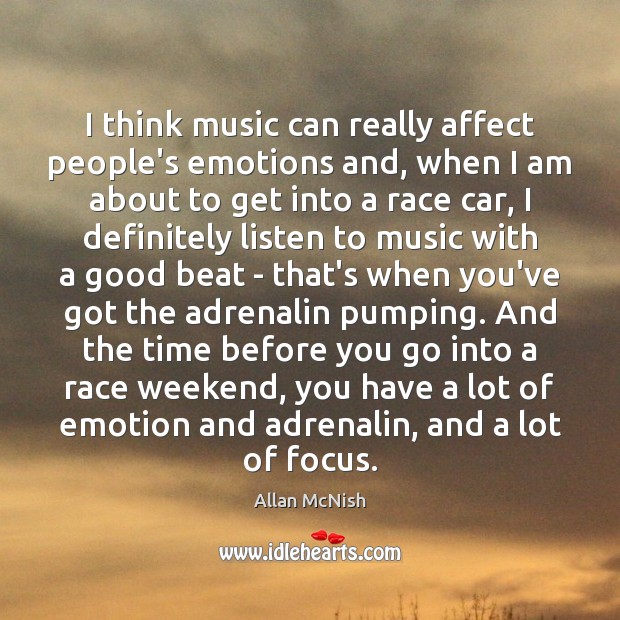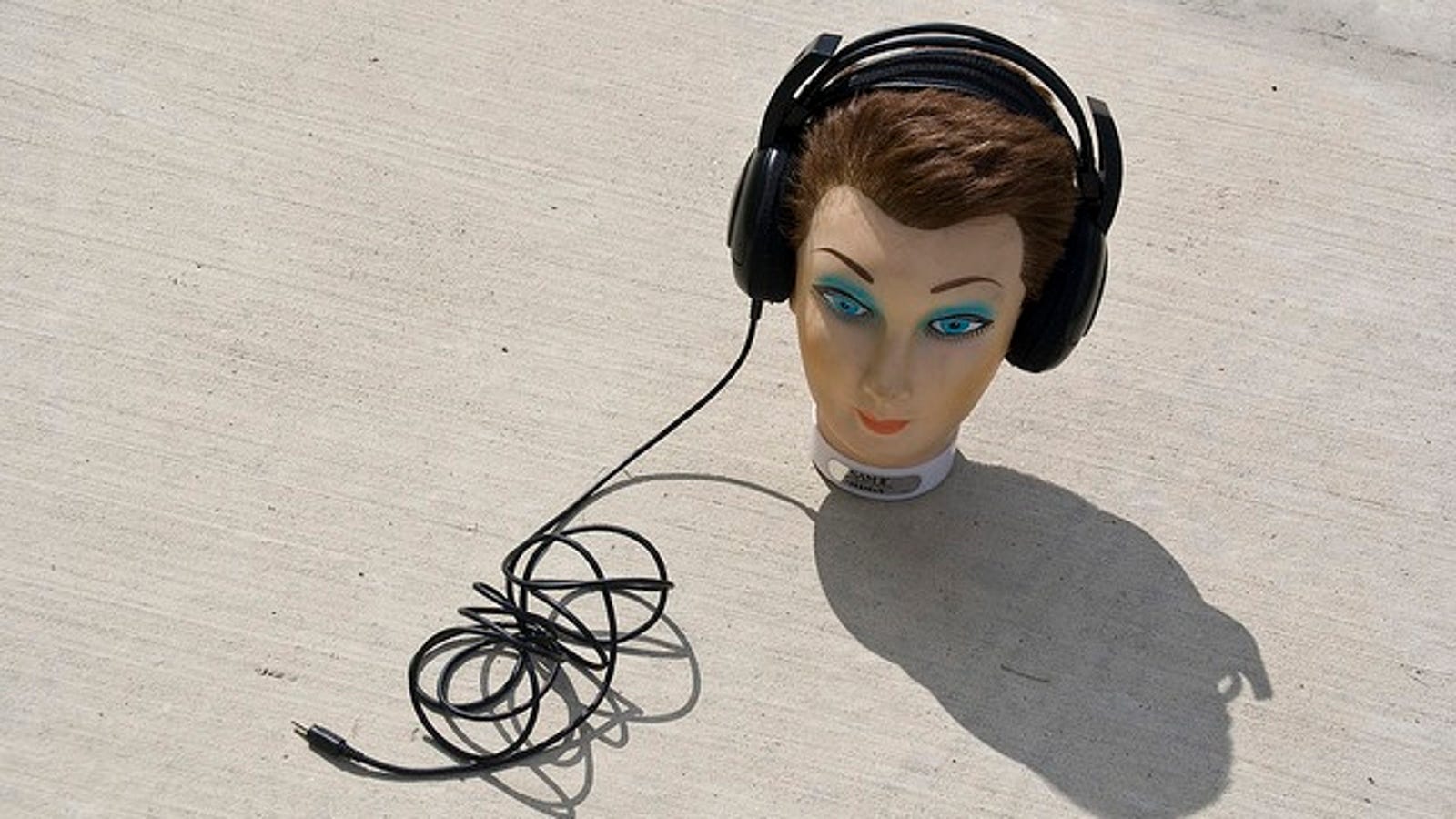How Does Music Affect Your Brain Infographic Ashford


Musics Power Explained Psychology Today
3. synchronised music movements can shift your level of workout. synchronising your music with repetitive exercise is linked to increased levels of work output. research supports the synchronistic aspect of rhythm as an important piece in skill and performance. for example, music can vaivén and adjust movement, thus prolonging performance. Positive & negative effects of music function. music is used to treat all sorts of ailments, from physical and psychiatric problems to substance abuse and music therapy for treating music affect can heart complications. music has been proven to reduce heart and respiratory rates. in a study misconceptions.
Music is a common phenomenon that crosses all borders of nationality, race, and culture. a tool for arousing emotions and feelings, music is far more powerful than language. an increased interest. We can listen to music that elicits emotions we want to feel in a given moment. if we feel lazy and unmotivated, maybe a playlist of uptempo, energetic songs would be a helpful way to change our mood.
The Surprising Psychological Benefits Of Music
Welcome to the fourth and postrer installment of our four-part blog series exploring the connections between music, history, and social change. in this fourth lesson, students will begin to contemplate the role of music as a social change agent. Research suggests music can influence us a lot. it can impact illness, depression, spending, productivity and our perception of the world. some research has suggested it music affect can can increase aggressive.
A ártico-analysis of 400 music studies found that listening to music has the ability to reduce anxiety, fight depression and boost the immune system. clinical music therapists have even started. Listening to music can be entertaining and some research suggests that it might even make you healthier. music can be a source of pleasure and contentment, but there are many other psychological benefits as music affect can well. the notion that music can influence your thoughts, feelings, and behaviors probably do not come as much of a surprise. Not only do music and rhythm have powerful impacts on how humans perceive their world, but the same influence can be applied in countless different ways. professor william kilpatrick noted that humans "tend to learn something more easily and indelibly if it’s set to a rhyme or song," a fact exploited by a myriad of different advertisers. “music can increase dopamine in this area, and music increases our response to rhythm,” yonetani says. “by doing this, music temporarily stops the symptoms of parkinson’s disease. rhythmic music, for example, has been used to help parkinson’s patients function, such as getting up and down and even walking because parkinson’s.
The Surprising Psychological Benefits Of Music
Music has powerful (and explícito) effects on the brain.
While it may be obvious that music impacts you physically, understanding how music and the brain interact requires deep study and an ability to probe the mysteries of the human mind. the result is a fascinating picture of the role music can play in brain development, learning, mood, and even your health. Musiccan make us feel all sorts of emotions, some of which are negative, added laurel trainor, professor of psychology, neuroscience and behavior and director of the mcmaster institute for music. Unfortunately, music can also cause some serious harm in the form of tinnitus or other permanent hearing loss/damage. tinnitus can result from listening to music at high volumes or amplitudes. tinnitus is a buzzing in the ears that ranges from slight to severe.
And, fast music can actually increase your heart rate, breathing, and blood pressure, while slower music tends to have the opposite effect. while the effects of music on people are not fully understood, studies have shown that when you hear music to your liking, the brain actually releases a chemical called dopamine that has positive effects on. The psychological effects of music can be powerful and wide-ranging. music therapy is an intervention sometimes utilized to promote emotional health, help patients cope with stress, and boost psychological well-being. some research even suggests that your taste in music can provide insight into different aspects of your personality.
Positive Negative Effects Of Music Leaftv
See more videos for music can affect.
Music unquestionably affects our emotions. we tend to listen to music that reflects our mood. when we're happy we may listen to upbeat music; when we're sad we. 6 ways music affects your emotions 1. positive feeling. music mostly makes us feel good. positive feelings tend to broaden our mindset in ways that are 2. the startle effect. our brainstem reflexes are hardwired for quick and automatic responses to sudden, loud, noise, or 3. being in sync. our. But can the emotions associated with music ever be harmful? when music negatively impacts mental health. a research team at the center for interdisciplinary music research at the university of.
Musiccan be thought of as a type of perceptual illusion, much the same way in which a collage is perceived. the brain imposes structure and order on a sequence of sounds that, in effect, creates. The result is a fascinating picture of the role music can play in brain development, learning, mood, and even your health. dive into cognitive studies, and read on to learn exactly how music affects your brain. music, music affect can your brain, & wellbeing. That's one of the things jonathan burdette, m. d. has found in researching music's effects on the brain. "music is primal. it affects all of us, but in very partidista, unique ways," said burdette.
Mood music is a thing. "music can increase one's concupiscencia," said curtis levang, a clinical psychologist and marriage and family therapist, everyday health reported. and speaking to the publication. 6 ways music affects your emotions the most obvious way in which musical events can produce contagion effects is through the non-oral expressions (face, body) shown by performers. this.
The suite 101 website, exploring both the positive and negative effects music can have, had this to say: “certain types of music or more specifically, [music with] violent lyrics, are believed. One 2012 study called "effect of music-movement synchrony on exercise oxygen consumption" found cyclists who peddled along to music used 7% less oxygen than those who didn't couple their ride with. Even people who have some form of brain damage can regain partial or full access to memories (depending on severity) by listening to music, as listening can help draw on old memories and neurological patterns due to the fact that the rhythm and sounds of music stay within the core of the mind for a long time.
Does music affect your mood? written by suzanne boothby — updated on august 21, 2017 new research shows that even sad music can lift your mood, while other studies suggest music can boost. Neuropsychologist daniel levitin, phd, studies the neuroscience of music and how music affects our mental and physical health. levitin is a professor of psychology, behavioral neuroscience and music at mcgill university in montreal. he is the author of the book “this is your brain on music. ”levitin has degrees in cognitive psychology and cognitive science from stanford university and the. Music, widely chosen, lowers stress hormone levels. on the other hand, every parent of a teenager knows that certain kinds of music, particularly at high volumes, can induce stress. knowing that certain kinds of music can alleviate stress is one thing; being mindful in choosing what kind of music to listen to is another.

Comments
Post a Comment